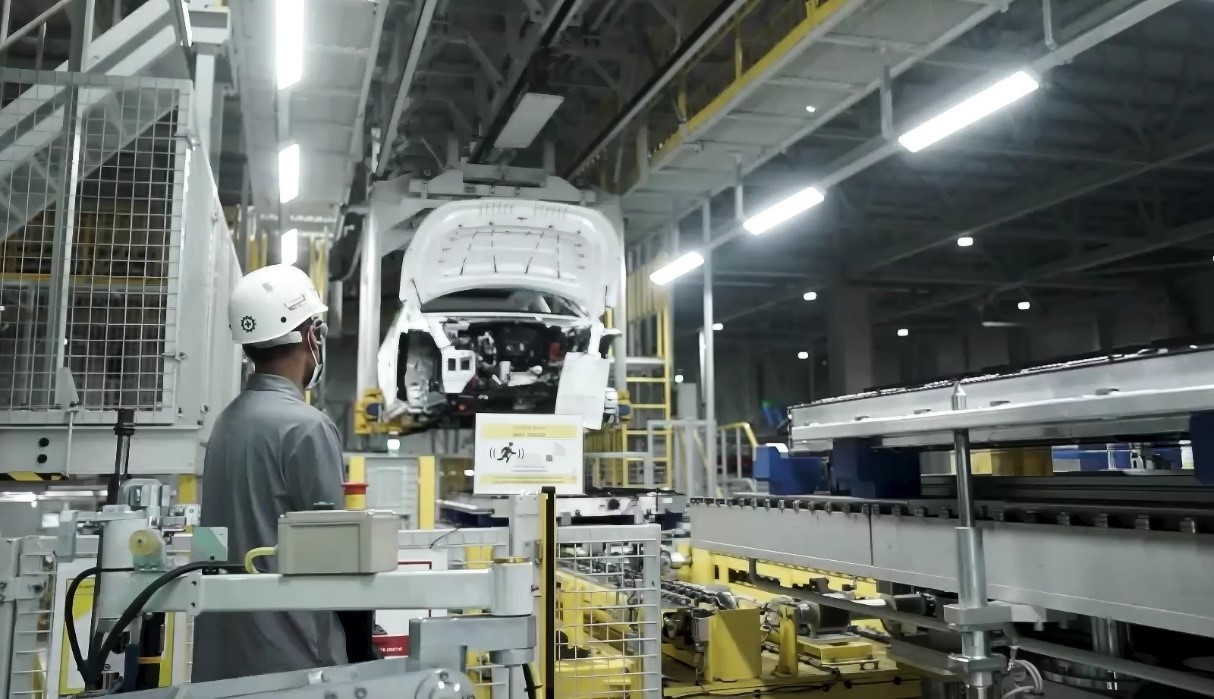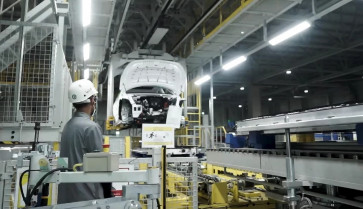Popular Reads
Top Results
Can't find what you're looking for?
View all search resultsPopular Reads
Top Results
Can't find what you're looking for?
View all search resultsThe nickel dilemma: A false binary between geopolitical power and a just transition
To promote the nickel-based EV battery industry Indonesia needs to cut bureaucratic layers and channel commitment into action, investing in innovation, building capacity and ensuring readiness for the future.
Change text size
Gift Premium Articles
to Anyone
N
ickel, Indonesia’s signature commodity, sits at the heart of our nation’s most pressing dilemmas: Should we prioritize the economy or the environment?
With the world focused on two of its most discussed agendas, tariff wars and the energy transition, as someone passionate about science, economics and trade, I believe innovation and political commitment can guide us toward a middle ground where we do not have to choose a binary.
The tariff war. The United States Liberation Day tariff package has stirred up chaos, but it is also a wake-up call for countries to wrap up their trade negotiations. Nickel inevitably finds itself at the center of public debate, especially with President Donald Trump tweeting about “complete and total access to the Indonesian market” in the context of Indonesia–US trade deals.
Let us pause before we panic. Indonesia is the world’s top nickel producer, accounting for nearly 50 percent of global output in 2023. With hilirisasi (downstreaming) measures, nickel-processed products contributed about 3.8 percent of non-oil-and-gas export value as of April 2025. Of these exports, 81 percent went to China, with smaller shares going to Japan, Taiwan, Bangladesh and Vietnam. In other words, nickel is highly valuable for Indonesia’s economy but we still have other market options, not only the US, especially through our various Comprehensive Economic Partnership Agreements (CEPAs). As for the US, nickel tariffs are still under negotiation.
Critics call nickel an extractive industry, prompting another question: Is electric vehicle adoption truly ethical if its batteries depend on nickel? I believe the growing EV market can strengthen national resilience against both economic volatility and climate change.
In 2024, for the first time, 20 percent of global car sales were EVs. In Indonesia, EVs made up 15 percent of passenger vehicle sales that year. This trend reflects the public's growing awareness and the recognition that EVs are affordable and relevant daily solutions for reducing CO₂ emissions. Research suggests that EVs might avoid 23 billion tonnes of CO₂ emissions by 2050 across key markets including the US, EU and China.
Indonesia currently exports semi-processed nickel products, nickel sulfate, mixed hydroxide precipitate (MHP) and nickel matte, which can be refined into nickel manganese cobalt (NMC) batteries for EVs. However, Indonesia still lacks the domestic capacity to produce NMC batteries.



















